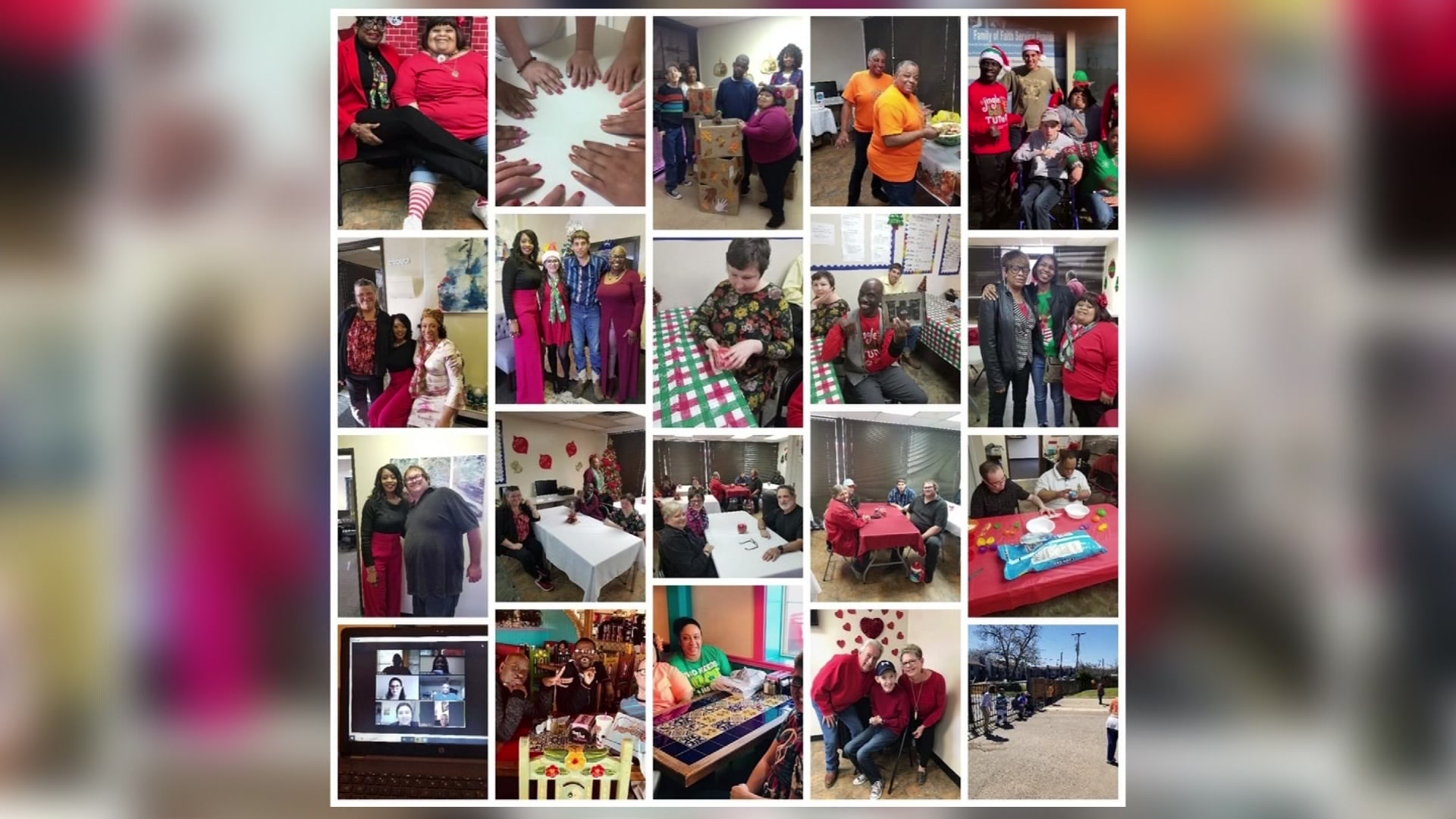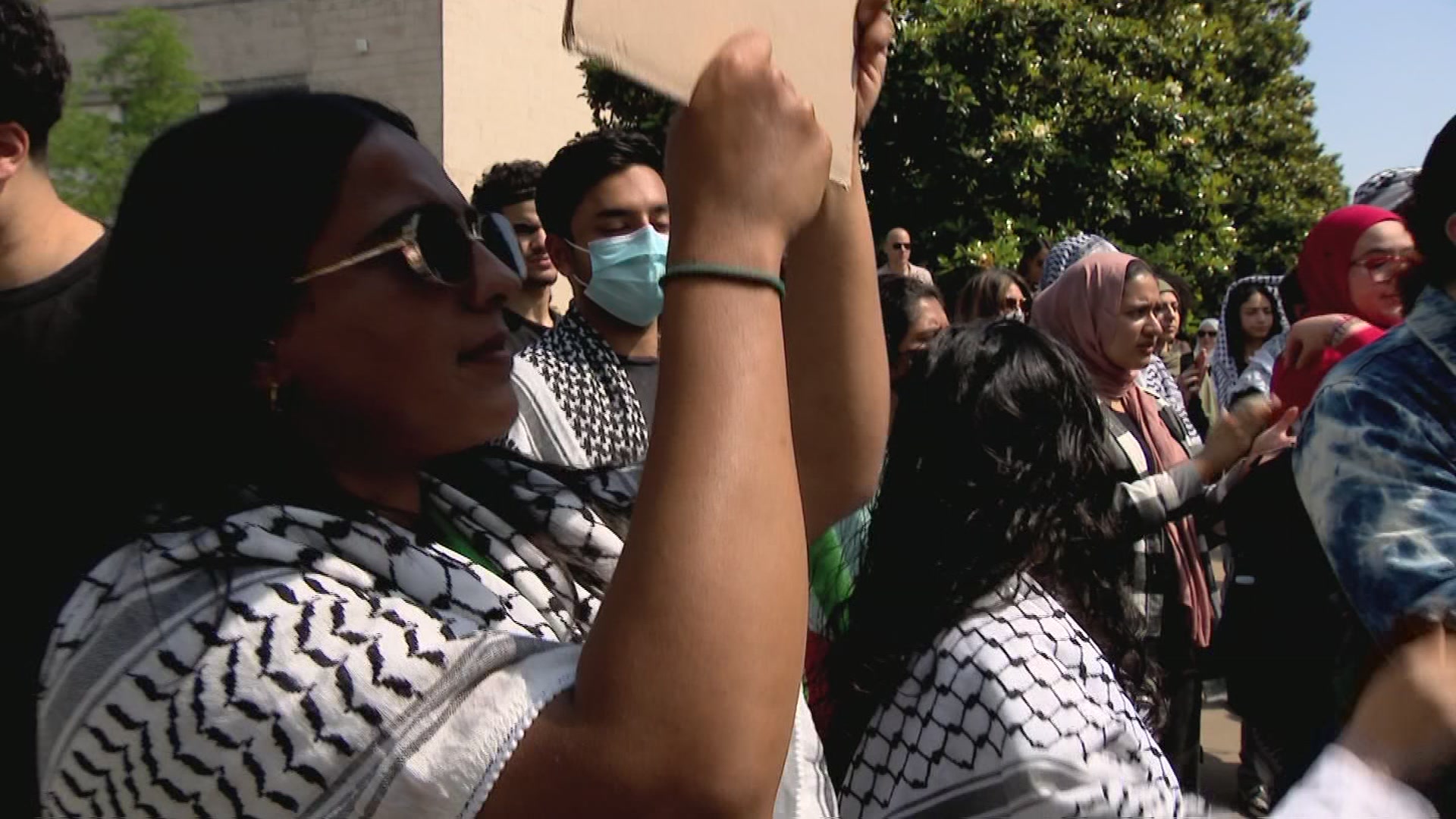Carlos Sherman is back on the road.
The bus driver contracted COVID-19 in late March of 2020.
There were times he believed he might not survive.
He recalls the day his wife called 911 and paramedics arrived to take him to the hospital.
"I was really struggling to breathe," Smith said. I was really having a hard time and I was telling my son and family this is what you need to do and going through those things you do, in case I didn't make it."
He spent eight days hospitalized at Methodist Charlton and weeks recovering at home.
It was during the spring and summer months he watched friends lose their own fight with the virus.
Local
The latest news from around North Texas.
It motivated him to donate convalescent plasma five times.
The plasma with antibodies from those recovered from the disease have been used to treat patients currently battling COVID-19.
"That was the reason I was going to give the plasma, no matter what," Sherman said. "I just wanted to do what I could to help someone out, to help people out."
But when Sherman became eligible for the COVID vaccine he was reluctant to get one because it would mean the end of his plasma donations.
According to FDA guidelines once you receive the COVID-19 vaccine, you are no longer eligible to donate convalescent plasma.
It took coaxing from his wife and the staff at Carter BloodCare, where Carlos has been donating plasma, to convince him to get the shot.
He received the vaccine last week and wants to encourage others to donate plasma if they can and to receive the vaccine when they get the opportunity.
"Please, if you get the chance, take the vaccine," Sherman said.
Nearly a year after his COVID-19 diagnosis, Sherman reflects on his journey.
"This whole year it's just been something unreal," Sherman said. "When you look back over it, some situations we never thought and couldn't even imagine. I'm just blessed to be here."
Carter BloodCare said while hospitalizations have dipped and the FDA updated guidelines on plasma treatments, they still need donations.
Blood donations remain critically low.
"Certainly we are seeing improvement but that doesn’t mean the need has gone away," said medical director for Carter BloodCare Dr. Greeta Paranjape. "Come in and donate. You're going to help your community."
For more information visit Carter BloodCare.



